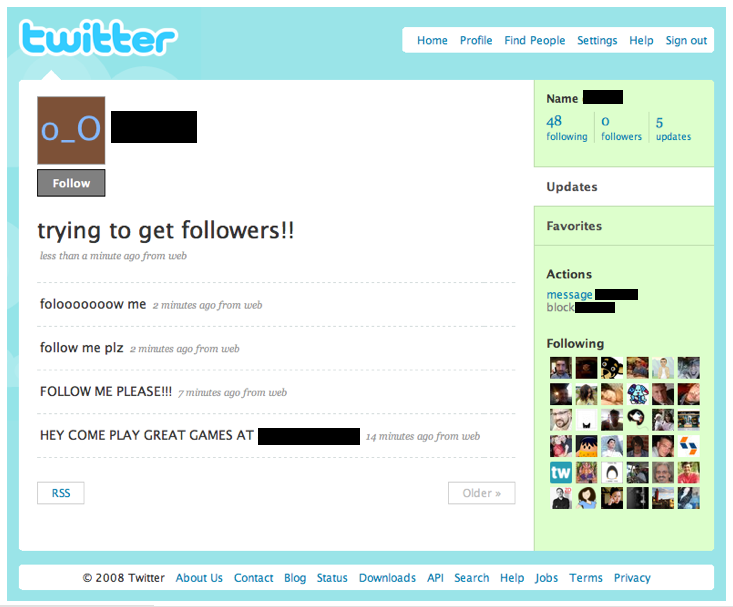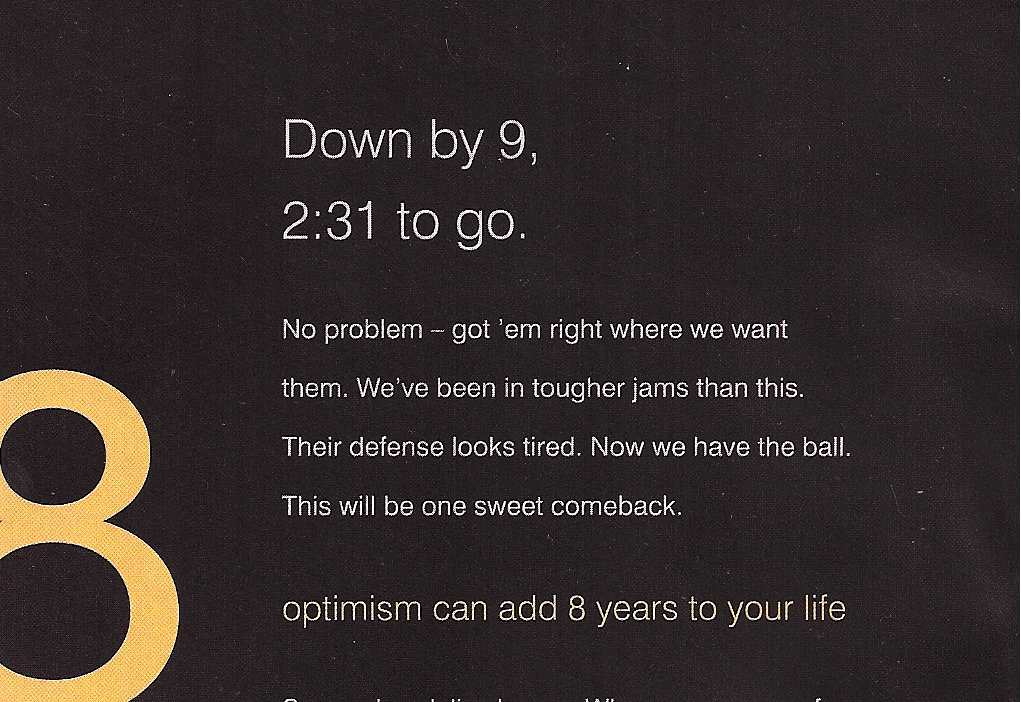Last week David Risley wrote a blog post for Search Engine Journal that recommended that you forget all about SEO and write for readers, not search engines. His advice borders on dangerous, in part because some of it is accurate.
My recommendation is to write posts designed to help, provoke or inspire your reader.
That’s great advice. However, his definition of a reader is far too narrow.
Search Engines are Readers Too

Future readers are searching for your content. They’re typing queries into Google right now. The search engine has read your blog and come to some conclusions about when and where to show your content.
SEO is about making it easy for the search engine to come to the right conclusions. It’s about ensuring that the content you write is displayed for the right searches.
Search engines are the gate keepers to the more than 15 billion searches performed in the US every month. They are powerful but they are not smart.
Welcome to Kindergarten
A search engine is like a blind five year old. They don’t care what your site looks like and they have the intelligence and attention span of an average five year old. This is why SEO is important and why you do need to write for search engines.
Search engine algorithms are tasked with trying to understand the value of an item of content. But they don’t really see the page and they don’t truly read the content either.
Search engines do not understand the text they are reading. You can’t sit them down after they read a blog post and ask them reading comprehension questions. They are not human, nor are they some super-advanced form of artificial intelligence.
This is why quality writing will not be enough.
Sit a five year old down in front of a Don DeLillo novel and they’ll quickly become bored and confused. The plain fact is that there are thousands of well written blogs that languish in the dark cobwebbed corners of the Internet.
Dumb and Dumber?

I know what you’re thinking. “Am I supposed to dumb down my writing for the lowest common denominator?” Yes and no.
Let’s cover no first. No, you should still write helpful, provoking and insightful content. It should be intelligent and have a point of view. The search engine does not require that you lose your personality.
However, that writing should be concise, well-structured and devoid of generalizations and logical assumptions. This will help all of your readers, search engines and humans alike.
So yes, you should write in such a way that, at a glance, a reader can understand and engage with your content. And to be fair, David Risley does actually provide some good direction on the structure of content and in covering the SEO Holy Trinity: Title, Meta Description and URL.
Good Writing + Social <> Links
Risley also understands that links are perhaps the most important part of SEO.
If you provide enough value, you’ll get people spreading your link across other blogs. You’ll go viral on Twitter. You’ll get people Digging your posts.
This works … for a small percentage of blogs in certain niches where the author has enormous amounts of free time. Does that sound like you? Probably not.
When was the last time you saw a serious blog post dealing with Alzheimer’s Disease reach Digg’s front page? Do you think a book review of David Mitchell’s Black Swan Green is going to get massive viral adoption on Twitter?
Rely on this technique as a way to optimize search engine traffic and you’ll be sorely disappointed. Social marketing is a piece of the puzzle but it is not a plug-and-play panacea for link building. If links were this easy to get, they wouldn’t be that important.
Search Traffic Creates Links
Get people to your blog through search engine traffic and let the same type of viral link building take place. The idea is to get your content matched to the right queries first, and not wait for social marketing to inform the search engine of your content value or for which queries it should be displayed.
Get the people who are naturally seeking out your content to do the link building. This way you are not constrained by the size of your social network, nor are you held hostage by the ephemeral ADD nature of social media.
Write for Search Engines
Write for search engines because it will benefit all of your readers. Subscribers will find more focused, accessible and valuable content that respects their time and new readers will locate your content with greater efficiency through their natural search patterns.
Writing styles adapt to their environment. Novels versus business writing. Haiku versus grant writing. So, come to to terms with the fact that good blog writing requires a different writing style. Embrace it and search engine and human readers will thank you.










